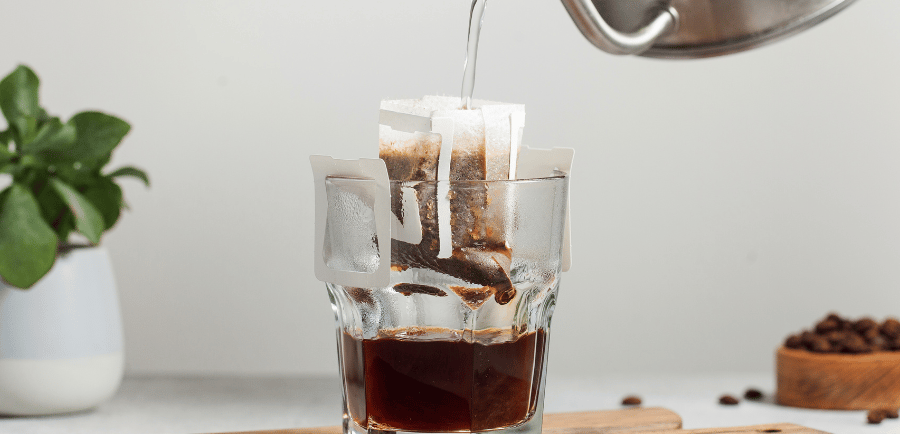The Role of Water Quality in Brewing the Perfect Coffee
Ever wondered why your home-brewed coffee tastes different from the stuff you get at your favorite café?
9/17/20241 min read


Ever wondered why your home-brewed coffee tastes different from the stuff you get at your favorite café? It might not just be the beans or the brewing method; it could be the water. Yes, water quality plays a surprisingly significant role in the taste of your coffee.
Why Water Matters
Mineral Content: The minerals in your water can influence the extraction of flavors from coffee grounds. Too many minerals can make the coffee taste bitter, while too few can result in a flat, flavorless brew.
pH: The pH of water affects how acidic or alkaline the brew is. This, in turn, can influence the perception of flavors.
Hardness: Hard water (with high mineral content) can leave a chalky aftertaste. Soft water (with low mineral content) might not extract flavors as well.
Finding the Right Water
Test Your Water: Use a home water testing kit to determine the mineral content, pH, and hardness of your tap water.
Adjust if Necessary: If your water isn't ideal, you can:
Filter it: A water filter can remove impurities and improve taste.
Add minerals: If your water is too soft, consider adding mineral salts like calcium and magnesium.
Use bottled water: Look for bottled water with low mineral content and a neutral pH.
Tips for Brewing the Perfect Coffee
Freshly Roasted Beans: Use high-quality, freshly roasted beans for the best flavor.
Correct Grind Size: Grind beans to the appropriate size for your brewing method.
Ideal Water Temperature: Most coffee brewers recommend a water temperature between 90°C and 96°C.
Proper Brewing Technique: Follow the instructions for your specific brewing method.
By paying attention to water quality, you can elevate your home-brewed coffee to new heights. So, the next time you're brewing a cup, remember: the water you use is just as important as the beans.

